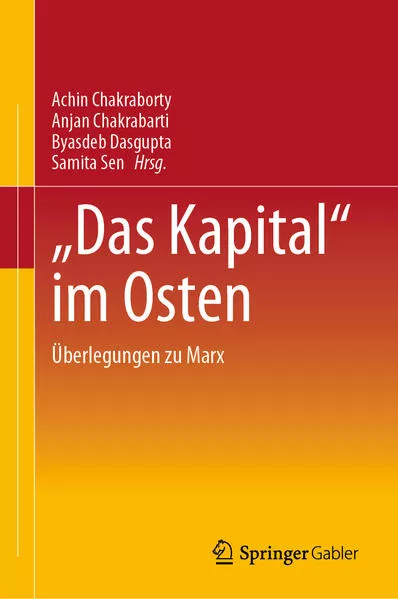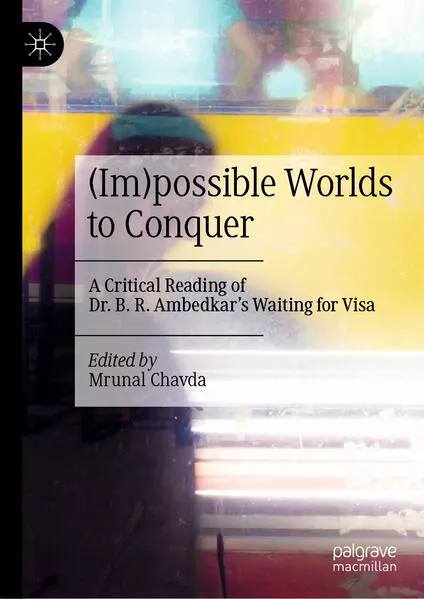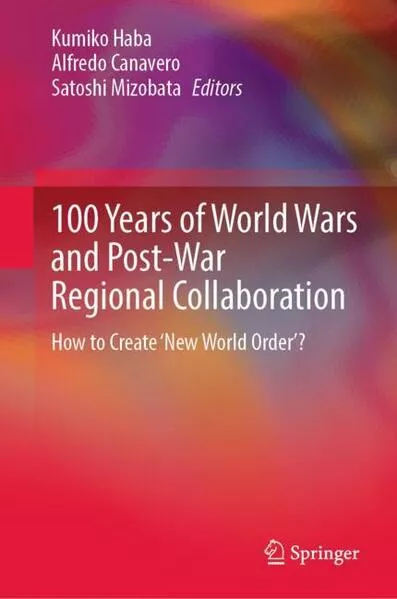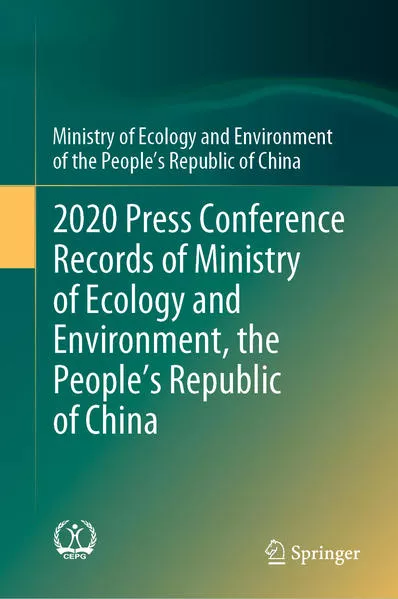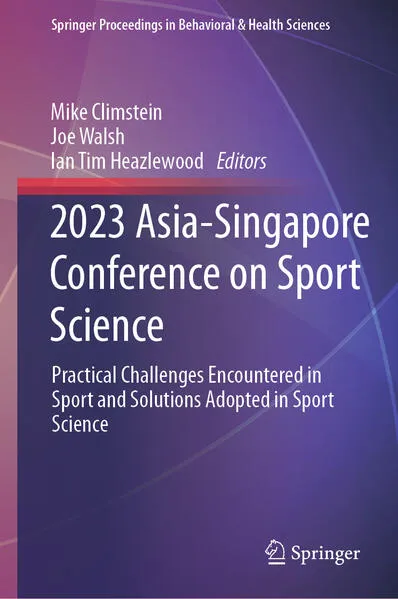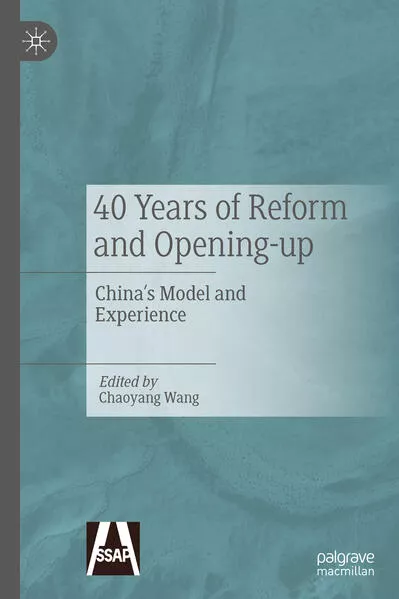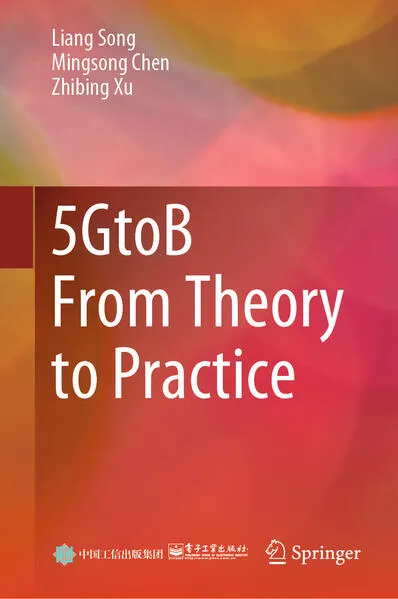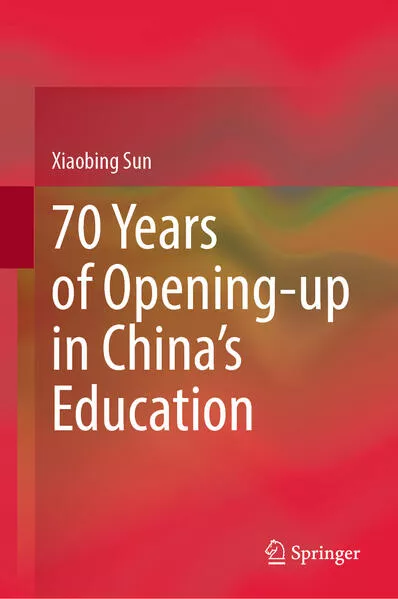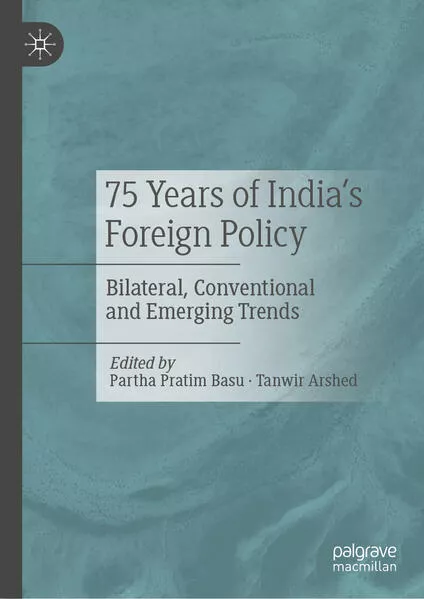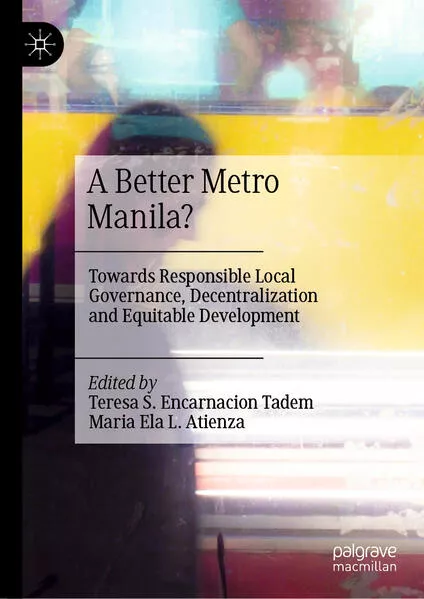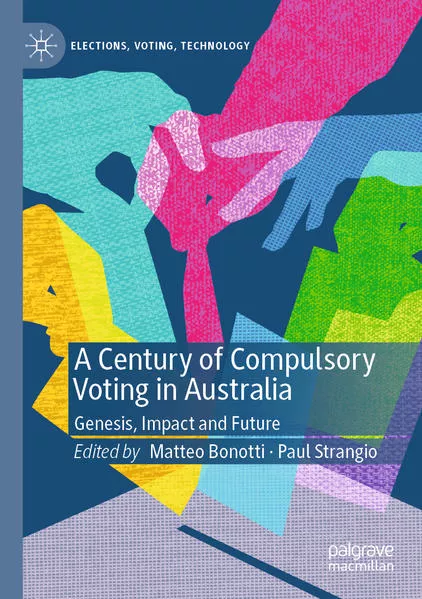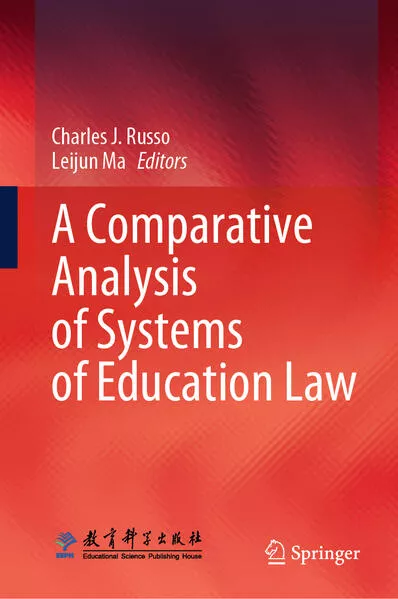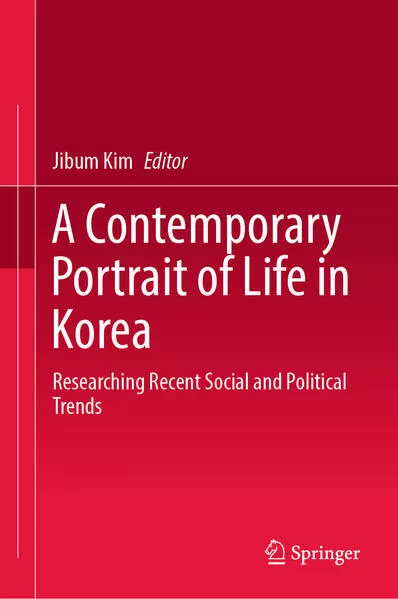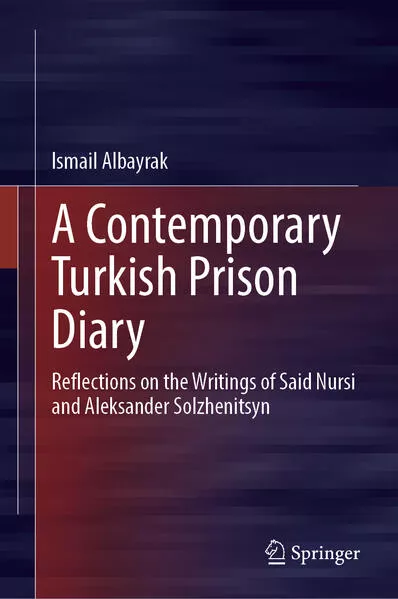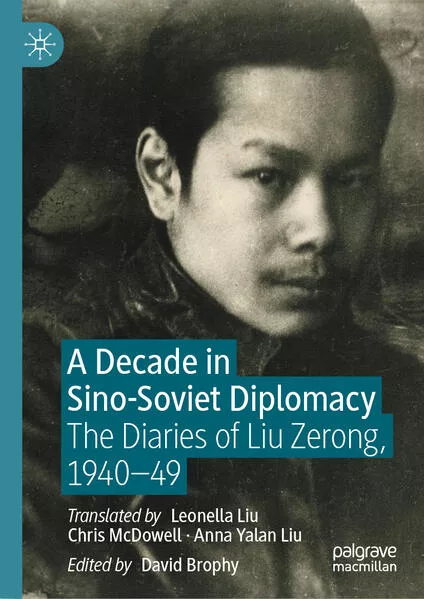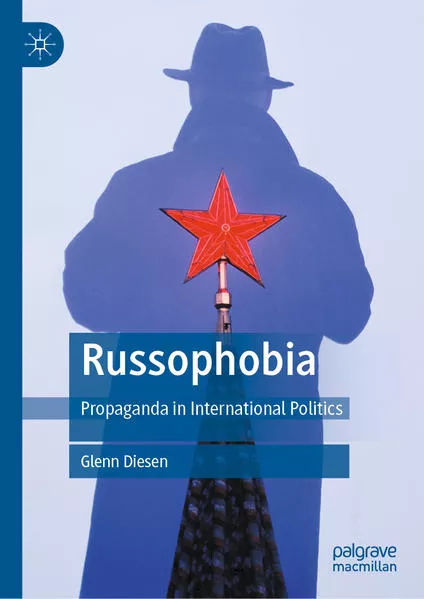
Russophobia
Propaganda in International Politics
This book defines Russophobia as the irrational fear of Russia, a key theme in the study of propaganda in the West as Russia has throughout history been assigned a diametrically opposite identity as the “Other.” Propaganda is the science of convincing an audience without appealing to reason. The West and Russia have been juxtaposed as Western versus Eastern, European versus Asiatic, civilized versus barbaric, modern versus backward, liberal versus autocratic, and even good versus evil. During the Cold War, ideological dividing lines fell naturally by casting the debate as capitalism versus communism, democracy versus totalitarianism, and Christianity versus atheism. After the Cold War, anti-Russian propaganda aims to filter all political questions through the simplistic binary stereotype of democracy versus authoritarianism, which provides little if any heuristic value to understand the complexities of relations. A key feature of propaganda against the inferior “Other” is both contemptuous derision and panic-stricken fear of the threat to civilization. Russia has therefore throughout history been allowed to play one of two roles—either an apprentice of Western civilization by accepting the subordinate role as the student and political object, or a threat that must be contained or defeated. While propaganda has the positive effect of promoting unity and mobilizing resources toward rational and strategic objectives, it can also have the negative effect of creating irrational decision-making and obstructing a workable peace.
Unterstütze den lokalen Buchhandel
Nutze die PLZ-Suche um einen Buchhändler in Deiner Nähe zu finden.
Bestelle dieses Buch im Internet
| Veröffentlichung: | 22.04.2022 |
| Seiten | 307 |
| Art des Mediums | E-Book [Kindle] |
| Preis DE | EUR 96.29 |
| ISBN-13 | 978-9-811-91468-3 |
| ISBN-10 | 9811914680 |
Über den Autor
Glenn Diesen is Professor at the University of South-Eastern Norway (USN). His research focus is Russia’s Greater Eurasia Initiative as a geoeconomic and conservative concept. Diesen’s latest books are EU and NATO relations with Russia: After the collapse of the Soviet Union (2015); Russia’s Geoeconomic Strategy for a Greater Eurasia (2017); The Decay of Western Civilisation and Resurgence of Russia: Between Gemeinschaft and Gesellschaft (2018); Russia in a Changing World (2020); Russian Conservatism: Managing Change under Permanent Revolution (2021); and Great Power Politics in the Fourth Industrial Revolution: The Geoeconomics of Technological Sovereignty (2021).
Alexander Lukin is Head of Department of International Relations and International Laboratory on World Order Studies and the New Regionalism at National Research University Higher School of Economics (HSE University). He is the author of The Political Culture of the Russian Democrats (Oxford University Press, 2000), The Bear Watches the Dragon: Russia’s Perceptions of China and the Evolution of Russian-Chinese Relations since the Eighteenth Century (M.E.Sharpe, 2003), Grasping Russia with your Mind (with Pavel Lukin, Ves’ Mir, 2015, in Russian), Pivot to Asia: Russia’s Foreign Policy Enters the 21st Century (Vij Books India, 2016), China and Russia: The New Rapprochement (Polity, 2018), Russia: A Thorny Transition from Communism (Vij Books India, 2019), as well as numerous articles and policy papers on international relations, Russian and Chinese politics.
Diesen Artikel teilen
0 Kommentar zu diesem Buch
.... weitere Publikationen von Springer Singapore
Echo aus dem Eis: Band 2 der Northern-Drift-Reihe - Aviation-Mystery in Eis und Dunkelheit
Bewerbungsfrist bis zum: 03.03.2026


